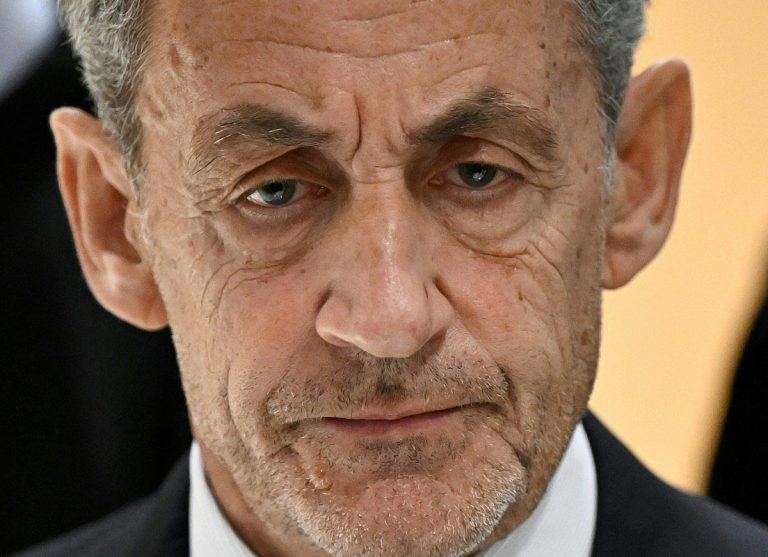Hospital and Doctor Ordered to Pay Dh1.4M After Patient’s De
In a significant legal ruling, the Abu Dhabi Court of Cassation has mandated that a hospital and a doctor pay a total of Dh1.4 million to the family of a patient who died following laparoscopic surgery. This decision underscores the importance of medical accountability and the standards of care expected in healthcare settings.
Case Background
The patient underwent a laparoscopic procedure at a local hospital and was subsequently admitted to the intensive care unit (ICU) for monitoring. Unfortunately, his condition deteriorated, leading to his death. An investigation by the Abu Dhabi Department of Health’s Medical Liability Committee identified a “non-severe medical error” in the care provided during his ICU stay.
Findings of Negligence
The committee concluded that the critical-care consultant failed to recognize and respond to the patient’s worsening condition promptly, attributing 50% of the responsibility to the consultant. The hospital was found equally liable for not ensuring adequate specialist staffing in the ICU and for allowing a general practitioner to manage a high-risk case.
Court Ruling
The court’s ruling increased the compensation amount from Dh1.2 million, as awarded by a lower court, to Dh1.4 million. This compensation is intended to cover both the financial losses incurred by the family due to the death of their primary breadwinner and the emotional distress experienced by the widow and their minor children. The Court of Cassation dismissed an appeal against this ruling, making the decision final.
FAQs
What led to the patient’s death after surgery?
The patient’s death was attributed to a failure in post-operative care, where medical staff did not adequately monitor or respond to his deteriorating condition in the ICU.
How was the compensation amount determined?
The compensation amount was determined based on both material losses, such as the loss of income from the deceased, and emotional distress experienced by the family, particularly the widow and children.
Can the hospital and doctor appeal the court’s decision?
The Court of Cassation dismissed the appeal, meaning the ruling is final and the hospital and doctor are required to pay the compensation.
Conclusion
This case highlights the critical need for adherence to medical standards and the consequences of negligence in healthcare. The ruling serves as a reminder of the legal responsibilities that healthcare providers hold and the potential repercussions for failing to meet those standards. Moving forward, it is essential for medical institutions to ensure proper staffing and training to prevent similar tragedies.
The case reflects broader concerns regarding patient safety and the quality of care in healthcare facilities. In recent years, there has been an increasing emphasis on the need for hospitals to implement robust protocols and training programs to minimize the risk of medical errors. Regulatory bodies, such as the Abu Dhabi Department of Health, play a crucial role in overseeing healthcare practices and ensuring that medical professionals adhere to established standards. This ruling may prompt other healthcare institutions to review their practices and enhance their monitoring systems to prevent similar incidents.
The implications of this case extend beyond the immediate parties involved. It raises awareness about the legal ramifications of medical negligence and the importance of transparency in healthcare. Families affected by medical errors often face significant emotional and financial burdens, and legal outcomes like this one can serve as a catalyst for change within the healthcare system. By holding providers accountable, the courts reinforce the necessity for continuous improvement in medical practices and patient care.
Additionally, this ruling may influence future cases involving medical malpractice in the region. Legal precedents set by courts can shape the expectations of both healthcare providers and patients regarding the standard of care. As the healthcare landscape evolves, it will be essential for medical professionals to remain vigilant in their duties and for patients to be informed advocates for their health and safety. The ongoing dialogue about medical accountability is vital for fostering trust between patients and healthcare providers, ultimately leading to better health outcomes.
Also Read:
Abu Dhabi Court Orders Company to Pay Former Employee







